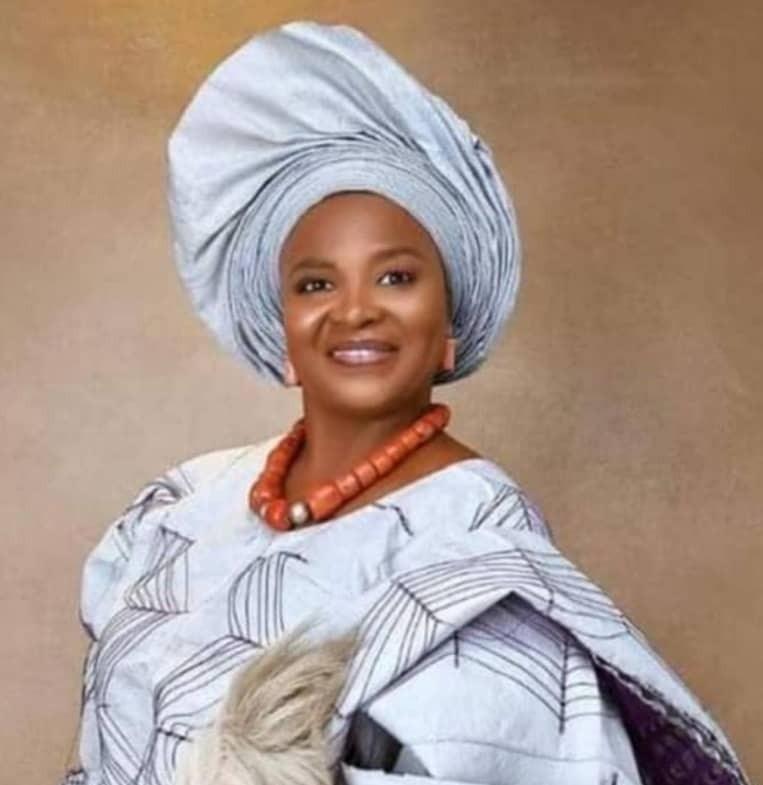The Federal Government has entered advanced talks with the Japan International Cooperation Agency (JICA) to secure a $238 million loan for Nigeria’s national electricity grid expansion. The initiative aims to strengthen the transmission network and improve power supply across the country.
Talks at TICAD 9 Summit in Japan
Discussions took place during the Ninth Tokyo International Conference on African Development (TICAD 9) in Yokohama, Japan. President Bola Tinubu led Nigeria’s delegation alongside the Minister of Power, Adebayo Adelabu, and top officials.
Meetings were held with Japanese stakeholders, including Toshiba, Hitachi, Japan’s Transmission & Distribution Corporation, and Energy Exchange corporations. Talks focused on transmission upgrades, efficiency improvements, and strategies to cut power system losses.
Loan Details and Federal Approvals
The loan builds on the Federal Executive Council’s (FEC) approval of ₦19 billion counterpart funding. It will support:
102.95km of 330kV double circuit (DC) lines
104.59km of 132kV double circuit (DC) lines
Four 330/132/33kV substations
Two 132/33kV substations
Multiple line bay extensions and a new 132kV substation
Renewable Energy and Additional Support
Nigeria is also pursuing a $190 million renewable energy facility with JICA. The programme will expand distributed energy projects in underserved communities. It complements the World Bank’s $750 million Distributed Access through Renewable Energy Scale-up (DARES) programme, expected to provide clean electricity to over 17 million Nigerians.
Furthermore, JICA is funding three substations in Apo (FCT), Keffi (Nasarawa), and Apapa (Lagos) through a $32 million grant. These projects will directly benefit households, businesses, and key industrial hubs, including the Lagos Port.
Training and Capacity Development
Through the partnership, the National Power Training Institute of Nigeria (NAPTIN) has commissioned new training equipment in Abuja. The facility will sharpen engineers’ skills, reduce grid losses, and ensure long-term sustainability through local expertise.
Nigeria’s Energy Gap and Commitment
During a TICAD 9 panel session, Adelabu noted that only 60% of Nigerians have electricity access, much of which is unreliable. He explained that the government is closing this gap by expanding the grid in urban centers while scaling up off-grid solutions such as solar mini-grids and standalone systems in rural areas.
Despite challenges like limited financing, high rural energy costs, and low adoption of productive-use technologies, Adelabu reaffirmed Nigeria’s resolve. He emphasized supportive policies, private-sector partnerships, and local manufacturing as tools to strengthen the energy sector.
Tinubu’s Position on Energy Partnerships
President Tinubu stressed that Nigeria’s involvement in TICAD 9 was about building strategic, result-driven partnerships. He declared that the government is moving “from planning to implementation, from agreements to delivery, and from promises to measurable results.”









